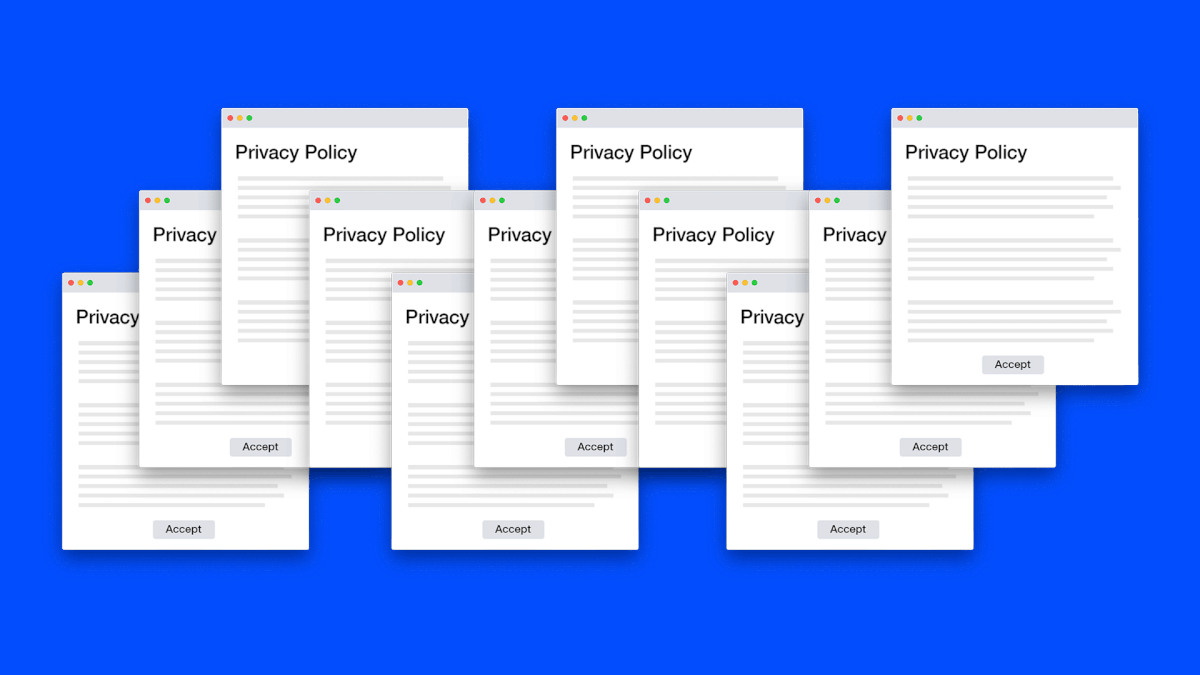Construction, eNews
Getting to know Michigan’s lien notice requirements

Lien laws provide a means for subcontractors, general contractors and suppliers to protect their payment for the work they’ve furnished to job sites. Understanding each state’s unique laws for notice requirements and liens is the best way to secure payment and protect your business.
The type of project dictates the procedures that must be followed, therefore the first step when working on a project is determining if you are working on a private or public project. A private job is controlled by private developers, private owners on buildings or even residential homes. A public job would be federal projects and construction projects on state, city or school properties.
“Those private developments would be covered under Michigan’s construction lien statute,” said Gerald J. Richter, Partner, Facca, Richter & Pregler, P.C. “On a private job you would be within your rights to file a lien, but not necessarily with a public project.”
Unlicensed contractors or contractors acting outside the limitations of their license do not have lien rights. “As part of your credit application process, make sure the party to whom you are selling is properly licensed and working for a licensed residential builder,” Richter said. “Or if you’re a supplier, include a line in your credit application where the applicant, the person who’s applying for the credit, has to provide their residential builders license.”
The next step is to figure out who is involved in the project and their role. With private projects, this information can be gleaned from the notice of commencement, which provides all the information you need to provide a notice of furnishing and record a lien. If the notice of commencement is not filed, ask the project manager to do so. With public projects, the information can be found in payment bonds filed by the principal contractor.
On private projects where you have direct contract with the principal contractor, the notice of furnishing is not required. Your claim of lien is required within 90 days, not three months, of the last furnishing of labor or materials to the project. Your lawsuit then must be filed within a year of the date you recorded your claim of lien.
If you don’t have direct contract with the principal contractor, a notice of furnishing is required within 20 days after first furnishing labor or materials to the project. Not meeting that 20-day requirement is not always detrimental, just make sure to file it as soon as possible.
“There are some laws that extend that window for submitting that notice of furnishing,” Richter said. “My suggestion is, always file it even if you’re not in that 20-day window. I always tell clients to file that notice of furnishing because there are ways to or excuses to avoid making that 20-day requirement fatal.”
For public jobs, there are no notice requirements for those in direct contract with the principal contractor. For those who do not have a direct contract with the principal contractor, there are two notices required.
- A notice to the principal contractor within 30 days of first furnishing that states the labor or materials being furnished and identifying the party contracting this work.
- A notice to the principal contractor and the governmental unit within 90 days of last furnishing labor or materials that states the amount claimed and the person for whom the material or labor was furnished.
The statute of limitations for filing a lawsuit for these projects is within one year of the date the last payment was made to the principal contractor.
For federal projects, no written notices are required for those with direct contract with the principal contractor, but for those who do not, a notice must be sent within 90 days of the last day labor or materials were supplied, notifying the contractor of the amount claimed and the person requesting the materials or labor.
To file a notice of furnishing, regardless of whether it is a public or private project, you will need to know:
- Property owner’s name and address or their designee’s name and address
- Principal contractor’s name and address
- Name and address of the person who you are contracting with
- Type of labor or materials you are providing
- Project address
If you are missing any of this information, the best practice is to send a letter, using certified mail, to the owner, principal contractor and subcontractor to request a copy of the notice of commencement (for private projects) or a copy of the payment bond (for public projects). You can also search through city records to find the owner or search the Register of Deeds in the county the project is located in to find the notice of commencement. If there is no notice of commencement, you can consult the last recorded Deed.
The bottom line: Working on the credit side of construction projects in Michigan means familiarizing yourself with the many notices required. Gathering the pertinent information early on in your project can help ensure that each notice is filed correctly without missing details.
If you’re looking to learn more about lien laws, check out our upcoming webinar, Texas Tough: Mastering Notice & Lien Rights in the Lone Star State with Jason Walker, Shareholder and Director of Construction Litigation, Andrews Myers on Sept. 16 at 3 p.m. EST.





